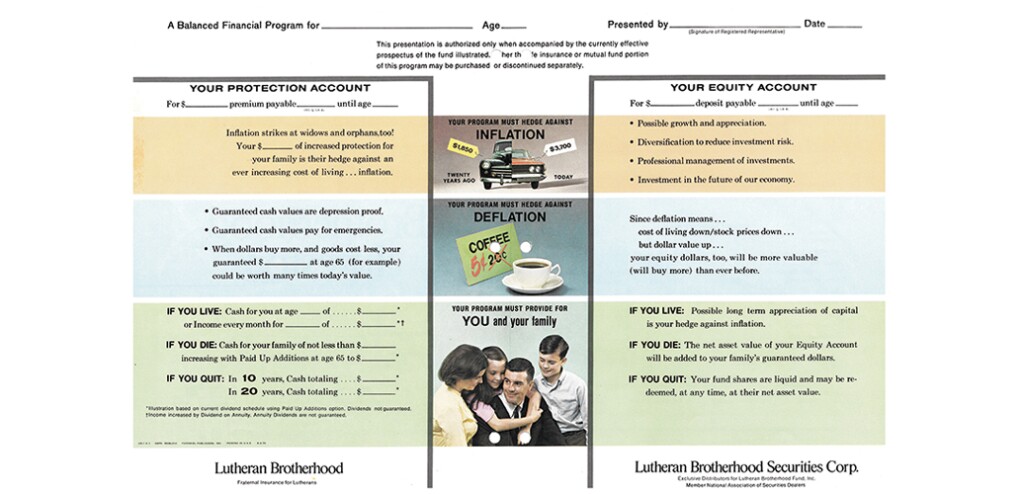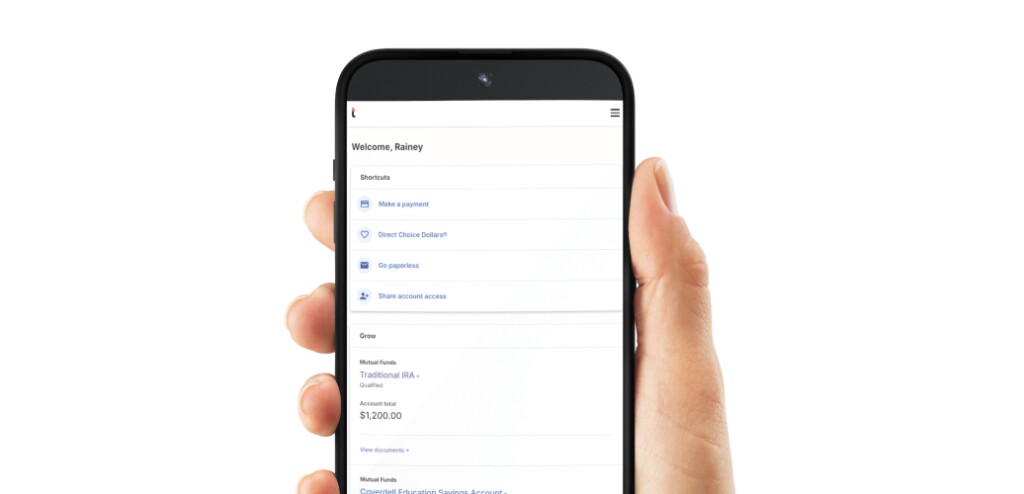The investment options in your retirement accounts can feel overwhelming, especially with so many mutual funds blending stocks and bonds. One way to simplify your choices is by exploring different fund categories, like target date mutual funds.
Target date funds, often found in 401(k) plans, are designed to adjust your portfolio’s risk as you move closer to retirement. Early on, they invest aggressively to aim for strong returns, then gradually shift to more conservative investments as retirement nears. This built-in rebalancing takes the guesswork out of managing risk over time.
By understanding how these funds work and their associated costs, you can decide if they align with your retirement goals.
What is a target date fund?
A target date fund is named for the year its investors typically plan to retire and start withdrawing their money. All you need to do is choose the fund with a date that aligns with your expected retirement year and let it handle the rest.
Funds like these are expertly coordinated by an investment manager or use an algorithm. Early on, the manager will likely lean toward investing your funds according to a more aggressive strategy that offers more potential for growth but may also have more risk. As time passes and your retirement approaches, the manager will adjust the asset mix to align with a more conservative strategy, where more of the assets are stable even if the potential for high returns is reduced.
The mix of assets in a target date retirement fund is guided by the investing concept of
What are the benefits of target date funds?
Many investors aren't sure what their mix of assets should be, or they don't know when to shift from riskier investments to more secure ones. It can be challenging to stay on top of or even be familiar with which
A target date fund can be a convenient, all-inclusive way to invest that takes care of adjusting your investment risk appropriately over the years. The phrase "all-inclusive" means you don't personally need to
While some investors use a target date fund for all of their invested assets, that isn't the only way forward. As you grow your understanding of investing, it's wise to talk with a
Risks and considerations for target date funds
While target date funds offer a number of benefits, they might not be a good fit for every investor. Here are a few potential drawbacks to keep in mind as you consider your options:
- Higher fees. Target date funds often consist of other mutual funds. At each level, investment managers handle the activities of buying and selling stocks, bonds and other assets. That means there are fees and expenses for your portfolio at each level. As a result, all-in-one funds like target date funds can have higher costs than other mutual funds.
- Must be adjusted if your plans change. Another potential issue with selecting target date funds is that your retirement intentions can change over time. While you can transfer your money from one target date fund to another, your already invested money will have been on a different risk trajectory, which may affect how your investments grow over time. This is something to consider if you think there's a possibility you might wish to retire earlier or later than planned.
- Can alter a diversified portfolio's risk level. One other consideration is that if you invest in target date funds as well as other investments, you may or may not be hitting your optimal risk level at any given time. The idea of simplified, all-in-one investing can be nice—but especially when it comes to coordinating a wide portfolio of investments, easy doesn't mean optimal. A
financial advisor can help you look objectively at how target date funds, plus all your other investments, align with your overall risk tolerance and goals.
How target date funds fit in your big picture
A







